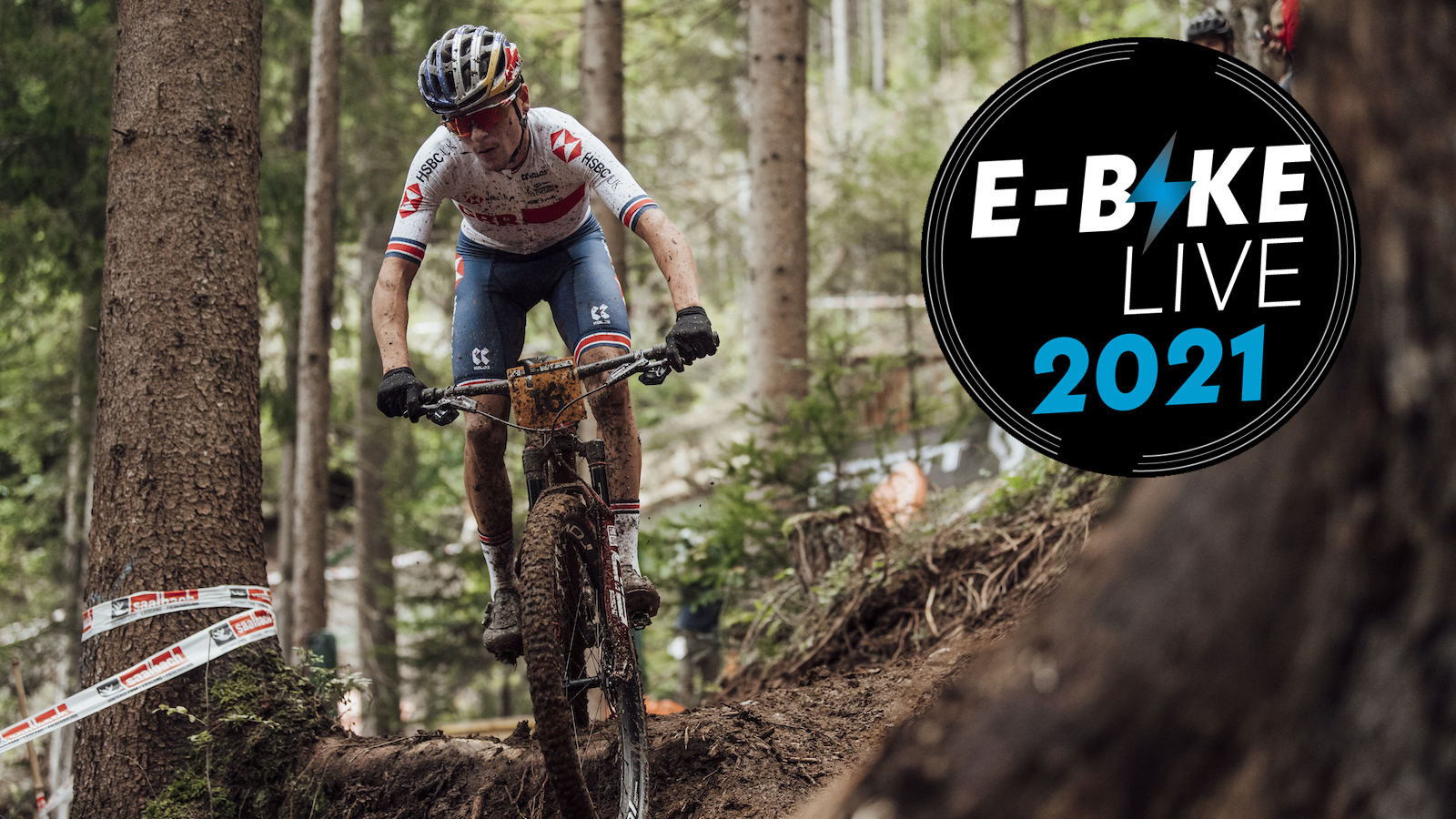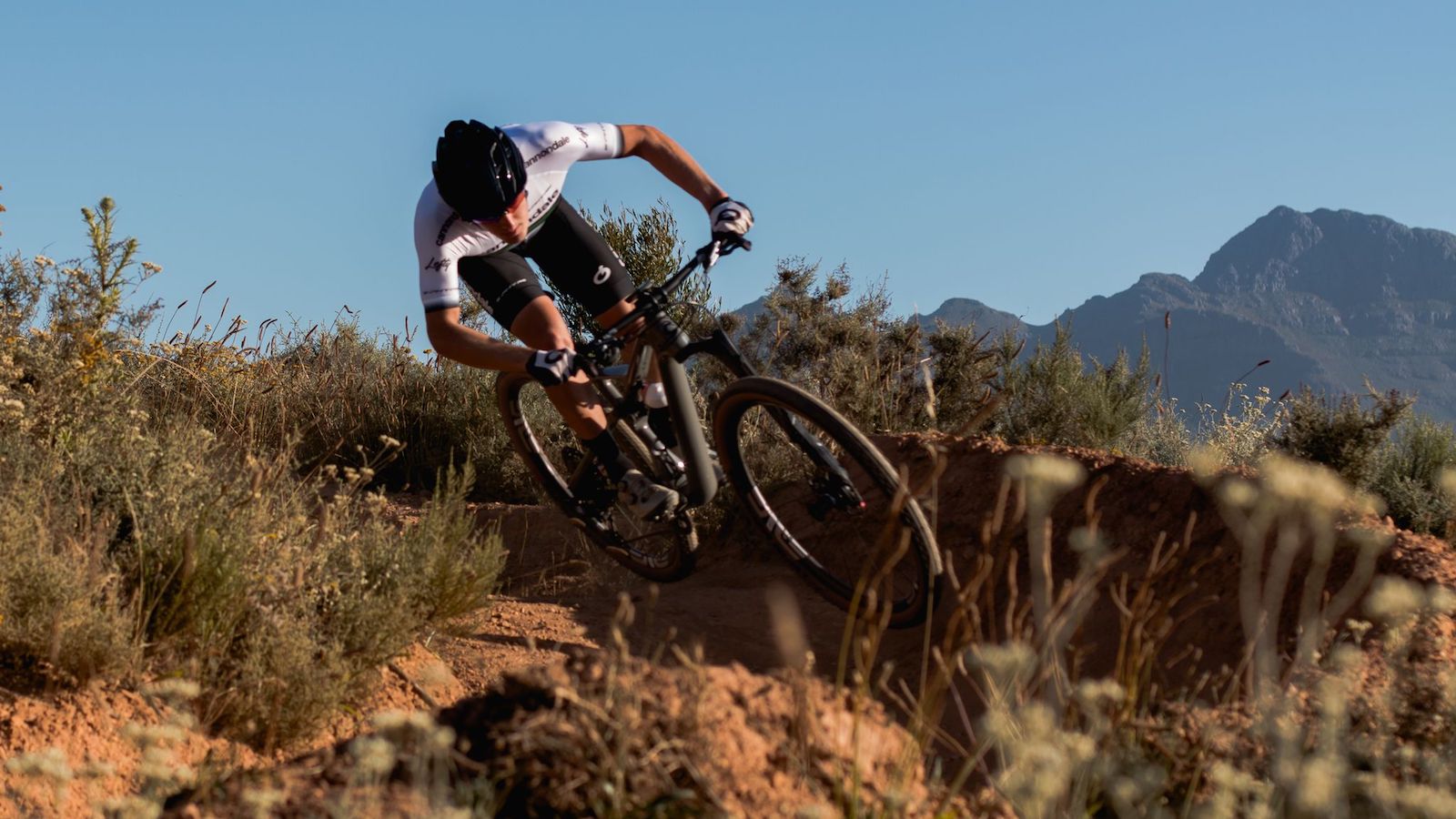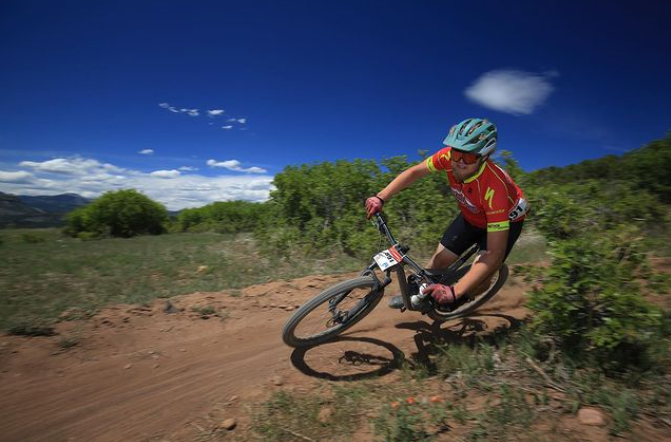Is e-MTB racing here to stay?
Will e-MTB racing be an enduring discipline or short-lived gimmick?

At the 2020 UCI Mountain Bike World Championships, Tom Pidcock stormed on to become a double World Champion. Not only did he win the U23 cross-country title, but he also won the e-MTB cross-country race, with Melanie Pugin taking the women's e-MTB crown.
There are two sides to the cycling industry. There is elite-level racing, and there's the industry as a whole, which cater to everyday riders. E-mountain bikes have been gaining steam in the broader industry for years, but the first-ever e-MTB World Championships weren't held until 2019, a title won by South Africa's Alan Hatherly.
With e-MTB racing finally making it to the most elite level of competition, is that a sign of an enduring racing discipline or just a gimmick?
- Best e-MTBs: electric mountain bikes that can get you up and down the mountain
- Best budget e-MTBs: great e-mountain bikes that won't break the bank
To start, let's take a look at the existing e-MTB race series. There are two elite-level competitions: the World E-Bike Series (WES) and Enduro World Series E-Enduro (EWS-E).
The WES began in 2019 in Monaco and in 2020 hosted the first-ever UCI E-Mountain Bike Cross-Country World Cup. The organization also hosts e-MTB events including "E-Gravity races, City-track competitions as well as Amateur Rides with the pros."
The WES cross-country races are essentially XCO races on e-bikes. The gravity (enduro) races feature both downhill and uphill timed stages.
The EWS-E is the premiere e-Enduro series, which began in 2020. The full (pro) EWS-E-courses required riders to have two batteries to tackle 6-9 timed stages. The stages feature tough downhills along with a couple of short, technical climbing stages. The transfers in-between stages are also shorter than a normal EWS race.
With two distinct race event formats and a World Championships, it's clear that race organizers and the UCI have a vested interest in the electric side of the sport. But do fans care?
Fans can only be engaged with a sport if there is access to see what's going on. While there have been no live streams of e-MTB events so far, both the WES and EWS-E post video highlights on social media sites. However, the key question is what does e-MTB racing offer that traditional XCO and Enduro racing doesn't?
It sounds like the EWS-E series is trying to utilize the pedal-assist feature of e-bikes to challenge riders. Riders have to tackle technical stages and are allowed less time on the transfers between stages. In my view, the most interesting form of e-MTB racing would be longer races where riders have to be strategic about how they use their available battery power. However, that would only be interesting to an audience if they could see riders' live battery levels or perhaps heart-rate data showing how hard each participant is working during the race.

It's worth exploring the value of bike racing to the bike industry. Traditional racing serves two primary purposes. Number one is product development; riders at the top level can provide valuable insight to the brand's product developers. The second, and maybe most important, is marketing. Brands love to claim that their product has won World Cup races.
Could e-MTB racing provide product development insight and marketing fodder? It's possible, but I think the answers to those questions are yet to be seen.
In my experience, riders like e-MTBs for the 'fun' aspect. If you are an enduro rider, for example, you can tackle more downhills in a ride compared to pedaling a normal bike up the hill. E-biking doesn't have as much of a competitive culture embedded into it as regular mountain biking does.
For me, watching racing is all about witnessing the pinnacle of human performance. I'm not doubting the entertainment value in e-MTB racing, but right now I'd rather watch a regular mountain bike race or go for a ride of my own.
Perhaps e-MTB racing is a little bit like road cycling's Hammer Series, which was intended to be an alternative racing format compared to traditional professional road racing. The idea sounds promising in theory, but in practice, it doesn't quite live up to the hype. That, however, could all change once the sport grows and events/races are broadcast live across the globe.
- Best e-MTB motors: choosing the best e-MTB motor for your riding
- Best e-MTB tires: grippy rubber to support electric rides
Ryan Simonovich has been riding and racing for nearly a decade. He got his start as a cross-country mountain bike racer in California, where he cultivated his love for riding all types of bikes. Ryan eventually gravitated toward enduro and downhill racing but has also been found in the occasional road and cyclo-cross events. Today, he regularly rides the trails of Durango, Colorado, and is aiming to make a career out of chronicling the sport of cycling.
Rides: Santa Cruz Hightower, Specialized Tarmac SL4

